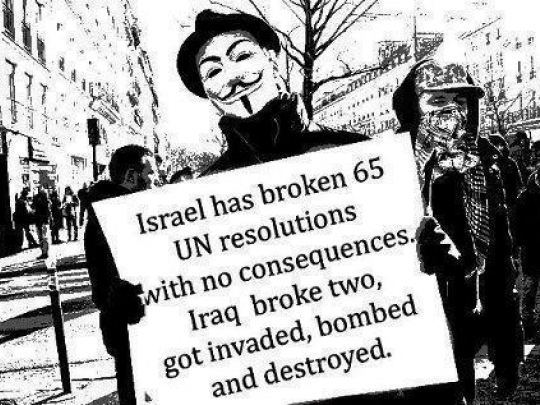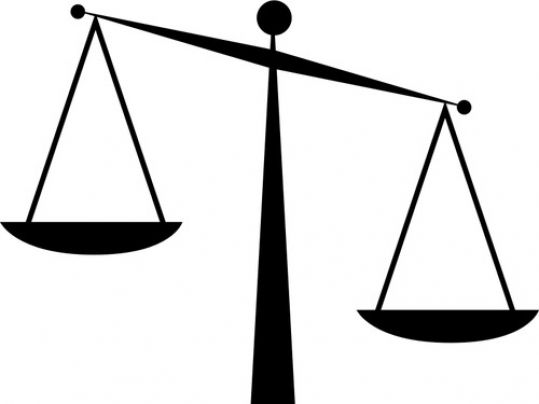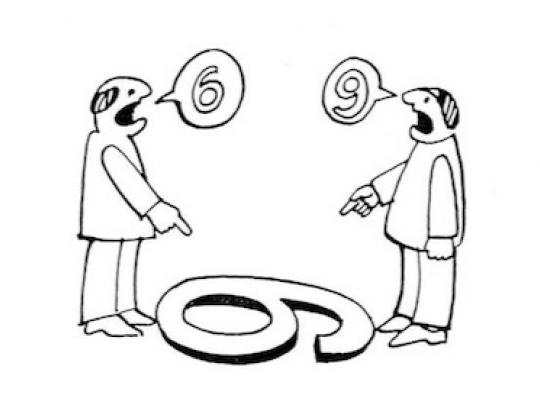Why the Tide of World Opinion Turned Against Israel

The international community only first turned against Israel after its repeated and flagrant flouting of international law and the consensus among nations on how to resolve the conflict. When Israel thumbed its nose at the world one time too many, the world finally started to react.
When the Palestine struggle reemerged after the 1967 war, the international community paid special deference to Israeli rights. Whereas the UN rejected South Africa’s bid to create a majority White state beside Black homelands (Bantustans), it upheld a Palestinian state only in the West Bank and Gaza beside, not in lieu of, Israel, thereby affirming the 1947 Partition Resolution’s support for the creation of “independent Arab and Jewish States.” Insofar as the Partition Resolution was passed when the UN was still unrepresentative of world opinion (it included just 56 member States; today there are 193 member States), and insofar as the rights of colonial peoples received far greater recognition in the ensuing years, it might easily be imagined that in the 1960s-70s, during the heyday of Anti-Imperialism and the Non-Aligned Movement, the principle of partition, which the indigenous population overwhelmingly opposed, would have been dissolved by the UN into the demand for a unitary state in Palestine. But that didn’t happen.
On the contrary, to gain entry into the UN’s chambers, PLO chairman Yasir Arafat had to scrap the PLO charter and embrace the international consensus of two states. The closest the international community came to reversing itself was the 1975 “Zionism is racism” resolution. However, although asseverating that “the racist regime in occupied Palestine and the racist regime in…South Africa have a common imperialist origin,” the notorious resolution did not call for Israel’s dismantling, only managed to garner 72 votes (nearly an equal number, 67, voted against or abstained), and was eventually rescinded (in 1991).
International public opinion first began to turn against Israel when, annulling the quid pro quo inscribed in UN resolution 242 (1967), and embarking on a second round of territorial aggrandizement, it did not only refused to withdraw from the territories occupied in 1967 despite an expressed Arab willingness to live at peace with it, but also, via its settlement policy, endeavored to make the occupation irreversible and permanent, denying Palestinians the right to self-determination in even a sliver of their historic homeland.
“Neither in 1948 nor in 1967 was Israel subjected to irresistible international pressure to relinquish her territorial gains,” former Israeli foreign minister Ben-Ami observes. “But the international acquiescence…in 1967 was to be extremely short-lived.” Once Israel set out on a “war of conquest, occupation and settlement, the international community recoiled and Israel went on the defensive. She has remained there ever since.” The bottom-line is, the international community only first turned against Israel after its repeated and flagrant flouting of international law and the consensus among nations, inscribed in UN resolution 242, on how to resolve the conflict. When Israel thumbed its nose at the world one time too many, the tide of public opinion started turning against it.
- Source : Norman Finklestein















